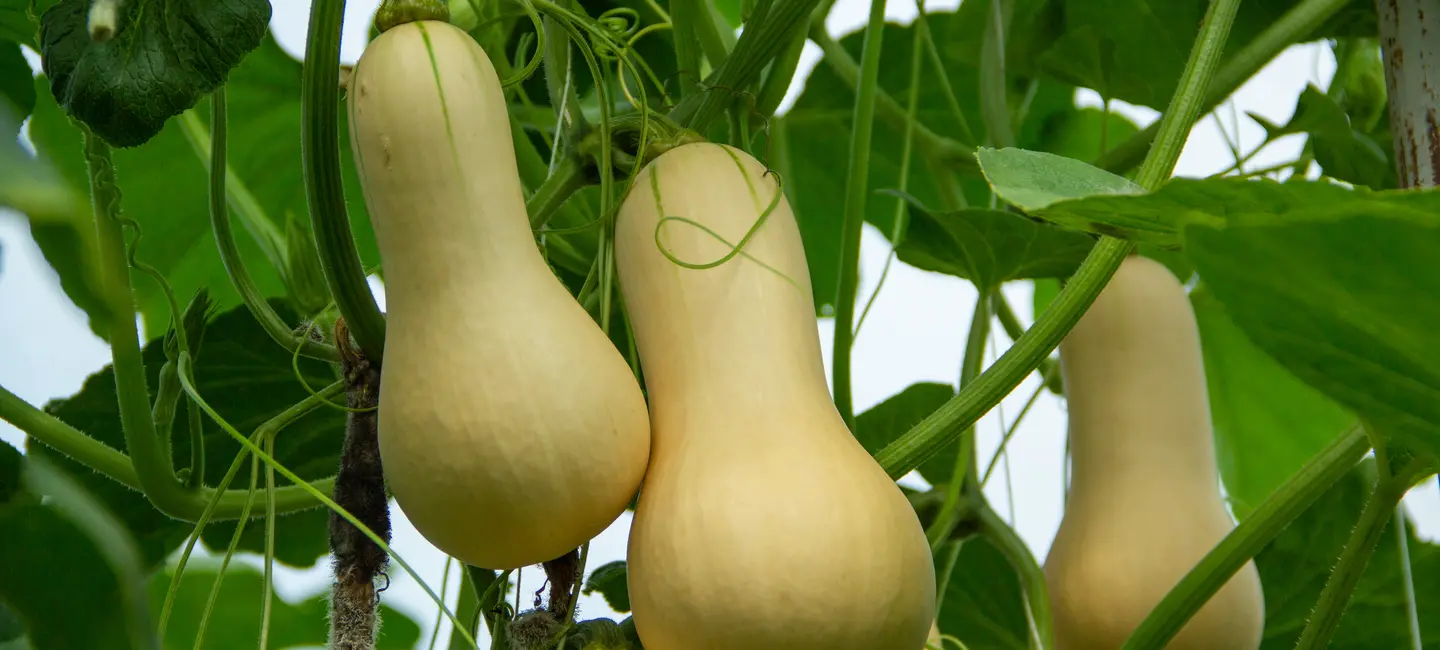
Butternut is a plant. People use the bark for medicine.
Butternut is used for constipation, gallbladder disease, hemorrhoids, skin diseases, and other conditions, but there is no good scientific evidence to support its use.
Is It Effective?
NatMed Pro rates effectiveness based on scientific evidence according to the following scale: Effective, Likely Effective, Possibly Effective, Possibly Ineffective, Likely Ineffective, Ineffective, and Insufficient Evidence to Rate.
- Gallbladder disease.
- Hemorrhoids.
- Skin diseases.
- Constipation.
- Cancer.
- Infections.
- Other conditions.
More evidence is needed to rate the effectiveness of butternut for these uses.
Is it Safe?
Butternut bark might work as a laxative to help stool move through the intestine.
When taken by mouth: Butternut is POSSIBLY SAFE for most people, but it can cause diarrhea and irritation of the stomach and intestines.
Special Precautions & Warnings:
Pregnancy and breast-feeding: It's LIKELY UNSAFE to use butternut in large amounts if you are pregnant or breast-feeding. It might stimulate the bowels too much. Avoid use.
Digoxin (Lanoxin)
Interaction Rating=Moderate Be cautious with this combination.
Butternut is a type of laxative called a stimulant laxative. Stimulant laxatives can decrease potassium levels in the body. Low potassium levels can increase the risk of side effects of digoxin (Lanoxin).
Medications for inflammation (Corticosteroids)
Interaction Rating=Moderate Be cautious with this combination.
Some medications for inflammation can decrease potassium in the body. Butternut is a type of laxative that might also decrease potassium in the body. Taking butternut along with some medications for inflammation might decrease potassium in the body too much.
Some medications for inflammation include dexamethasone (Decadron), hydrocortisone (Cortef), methylprednisolone (Medrol), prednisone (Deltasone), and others.
Stimulant laxatives
Interaction Rating=Moderate Be cautious with this combination.
Butternut is a type of laxative called a stimulant laxative. Stimulant laxatives speed up the bowels. Taking butternut along with other stimulant laxatives could speed up the bowels too much and cause dehydration and low minerals in the body.
Some stimulant laxatives include bisacodyl (Correctol, Dulcolax), cascara, castor oil (Purge), senna (Senokot), and others.
Warfarin (Coumadin)
Interaction Rating=Moderate Be cautious with this combination.
Butternut can work as a laxative. In some people butternut can cause diarrhea. Diarrhea can increase the effects of warfarin and increase the risk of bleeding. If you take warfarin do not take excessive amounts of butternut.
Water pills (Diuretic drugs)
Interaction Rating=Moderate Be cautious with this combination.
Butternut is a laxative. Some laxatives can decrease potassium in the body. "Water pills" can also decrease potassium in the body. Taking butternut along with "water pills" might decrease potassium in the body too much.
Some "water pills" that can decrease potassium include chlorothiazide (Diuril), chlorthalidone (Thalitone), furosemide (Lasix), hydrochlorothiazide (HCTZ, HydroDiuril, Microzide), and others.
Herbs that contain cardiac glycosides: Butternut contains chemicals called cardiac glycosides, which can cause the body to lose too much potassium. Potassium depletion can harm the heart. Using butternut with other herbs that also contain cardiac glycosides might increase the risk of heart damage. Avoid using these combinations. Herbs that contain cardiac glycosides include black hellebore, Canadian hemp roots, digitalis leaf, hedge mustard, figwort, lily-of-the-valley roots, motherwort, oleander, pheasant's eye plant, pleurisy root, squill bulb leaf scales, strophanthus seeds, and uzara.
Horsetail: Butternut contains chemicals called cardiac glycosides. There is a concern that using horsetail with cardiac glycoside-containing herbs such as butternut increases the risk of heart damage due to loss of too much potassium.
Licorice: Butternut contains chemicals called cardiac glycosides. There is a concern that using licorice with cardiac glycoside-containing herbs such as butternut increases the risk of heart damage due to loss of too much potassium.
Stimulant laxative herbs: Butternut acts like a stimulant laxative. It can cause the body to lose too much potassium, and this can harm the heart. There is a concern that using butternut along with other stimulant laxative herbs might increase the risk of losing too much potassium and harming the heart. Stimulant laxative herbs include aloe, alder buckthorn, black root, blue flag, colocynth, European buckthorn, fo-ti, gamboge, gossypol, greater bindweed, jalap, manna, Mexican scammony root, rhubarb, senna, and yellow dock.
There are no known interactions with foods.
The appropriate dose of butternut depends on several factors such as the user's age, health, and several other conditions. At this time there is not enough scientific information to determine an appropriate range of doses for butternut. Keep in mind that natural products are not always necessarily safe and dosages can be important. Be sure to follow relevant directions on product labels and consult your pharmacist or physician or other healthcare professional before using.
Butternussbaum, Douberre, Juglans cinerea, Lemon Walnut, Nogal Blanco Americano, Nogal Ceniciento, Noyer à Beurre, Noyer de Beurre, Noyer Blanc, Noyer Cendré, Oil Nut, White Walnut.
Information on this website is for informational use only and is not intended to replace professional medical advice, diagnosis, or treatment. While evidence-based, it is not guaranteed to be error-free and is not intended to meet any particular user’s needs or requirements or to cover all possible uses, safety concerns, interactions, outcomes, or adverse effects. Always check with your doctor or other medical professional before making healthcare decisions (including taking any medication) and do not delay or disregard seeking medical advice or treatment based on any information displayed on this website.
© TRC Healthcare 2024. All rights reserved. Use and/or distribution is permitted only pursuant to a valid license or other permission from TRC Healthcare.
